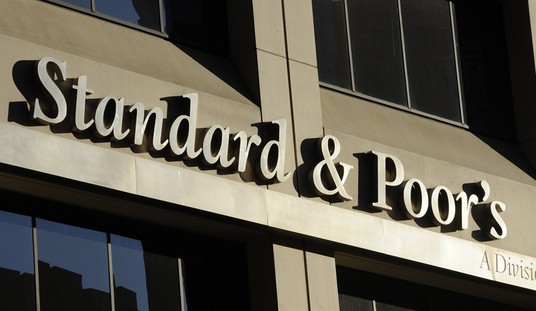Right on the heels of especially tepid reports on both July joblessness and the second quarter’s weaksauce economic growth, here’s still more discouraging news about the newly perpetual state of near-stagnation in which our economy is currently languishing. According to a new study from Pew Research, a rising portion of young adults are still living in their parents’ homes instead of moving out into apartments or homes of their own, with that number reaching a new record in 2012:
In 2012, 36% of the nation’s young adults ages 18 to 31—the so-called Millennial generation—were living in their parents’ home, according to a new Pew Research Center analysis of U.S. Census Bureau data. This is the highest share in at least four decades and represents a slow but steady increase over the 32% of their same-aged counterparts who were living at home prior to the Great Recession in 2007 and the 34% doing so when it officially ended in 2009.
A record total of 21.6 million Millennials lived in their parents’ home in 2012, up from 18.5 million of their same aged counterparts in 2007. Of these, at least a third and perhaps as many as half are college students. (In the census data used for this analysis, college students who live in dormitories during the academic year are counted as living with their parents).
Younger Millennials (ages 18 to 24) are much more likely than older ones (ages 25 to 31) to be living with their parents—56% versus 16%. Since the onset of the 2007-2009 recession, both age groups have experienced a rise in this living arrangement.
Pew points to a number of factors to explain the increase, including declining marriage rates as well as declining employment rates — in 2012, only 63 percent of 18-to-31 year olds had jobs, whereas 70 percent of them had jobs in 2007.
Another factor is rising college enrollment, from 35 percent of 18-to-24 year olds in March 2007 to 39 percent in March 2012, as young people in college are more likely to be living at home than those not enrolled in college. This might, on its face, seems like a good thing, since it means more young people are going to college and getting a higher degree — but a lot of that probably has to do with the federal government forcing artificially cheap student loans into the market, the easy availability of which increases demand and leads to higher tuition prices, which in turn mean that a lot of these students are taking on huge amounts of student debt. It’ll be tough to pay all of that off when you graduate without a job and nowhere to live but your parents’ couch.
The recession might technically be over, but this is a testament about how things really haven’t inherently improved much at all.








Join the conversation as a VIP Member